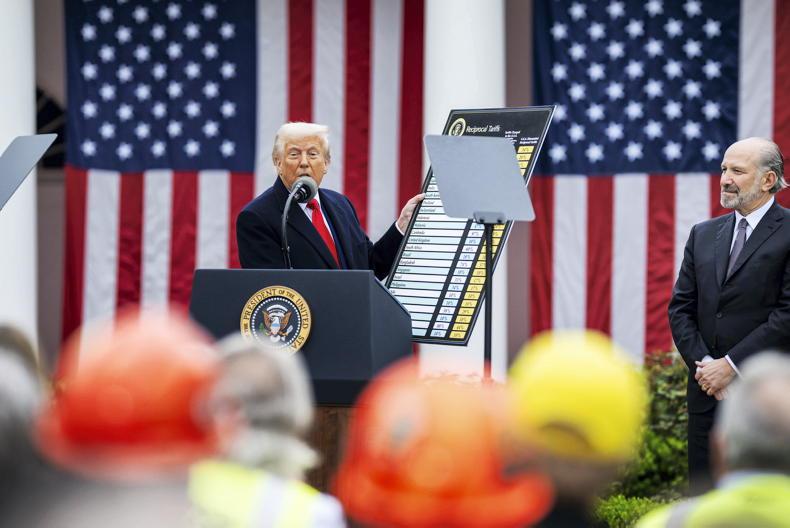The outbreak of widespread protests in China against the country’s Covid-19 restrictions were the largest in decades.
The challenge to the leadership in Beijing, with some of the protestors reportedly calling for the resignation of President Xi Jinping, was seen as something which could seriously destabilise the world’s second largest economy.
Those fears appear to be overstated, with protests dying down after authorities struck a more conciliatory tone towards residents.
The hint of a shift away from the previous Covid-19-zero policy, coupled with significantly colder weather, helped calm protests in most major cities, for now.
Financial markets reacted very positively to the return of relative calm, with stocks around the world gaining, while oil rose back above $86 a barrel.
Apple, which has much of its production based in China, may have longer-term problems, as its main supplier is struggling to retain workers after they had to escape the plant after a lockdown.
While the long-term effects of this week’s events remain to be seen, the reminder, if it was needed, that much of the global economy marches to China’s beat, seems to have already been heeded in some circles.
British prime minister Rishi Sunak said that the move towards closer economic ties with China over the previous decade had been “naive” and added that the “golden era” of Britain’s relations with China is now over.









SHARING OPTIONS